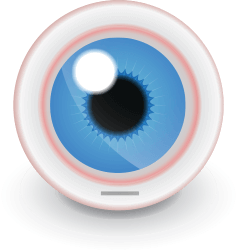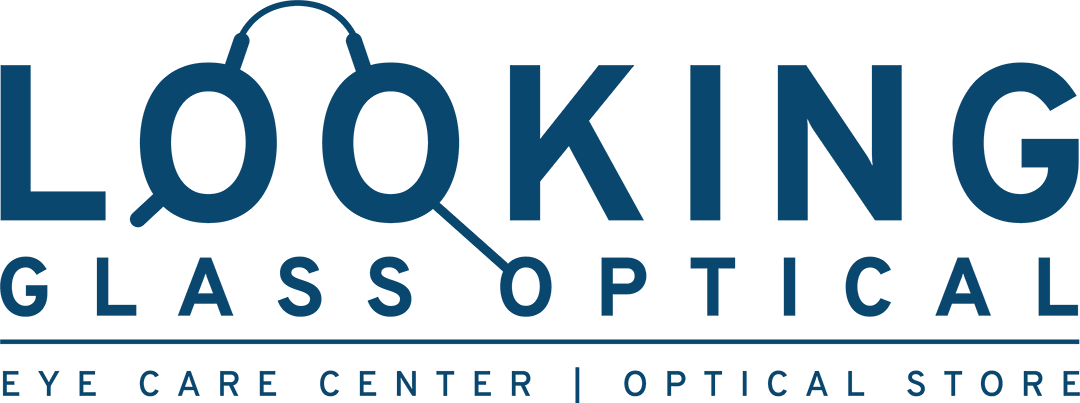GLAUCOMA
Glaucoma has been called the “sneaky thief of vision.” Undetected, it can cause total blindness. It is a disease of the optic nerve. Without treatment, the nerve degenerates over time with no way for messages to reach the brain.
Anyone can develop glaucoma. Some people, however, are at higher risk than others. A comprehensive dilated eye exam can reveal risk factors, such as high eye pressure, the thinness of the cornea, abnormal optic nerve anatomy, and poor outflow of internal eye fluids. In some people with certain combinations of these high-risk factors, medicines in the form of eye drops reduce the risk of developing it by about half.

Yearly Eye Exams Can Help Prevent These
Click below to learn more about each specialty or problem that you are concerned about. If you have any questions, please give us a call.
How Does Glaucoma Happen?
The inner sensory lining of the eye is the retina. The retina is like the film in a camera. Images are transmitted through millions of microscopic nerve endings to the brain. These nerve endings shaped like rods and cones join to form some 1.2 million nerve fibers which bundle to become the optic nerve which transmits the images to the brain. Glaucoma is a disease of the optic nerve. Without treatment, the nerve degenerates over time with no way for messages to reach the brain.
Internal eye pressure which is too high and/or problems with blood vessels feeding the optic nerve are the main underlying causes of glaucoma.
Changes in Technology
Up until recently, high eye pressure was considered the primary way to detect glaucoma. However, research and clinical experience teach us that nearly 40% of patients with glaucoma have normal eye pressure! Passing a glaucoma screening that only tests for pressure with the air puff or other means are not complete enough to determine if glaucoma is present or if an individual is even at risk.
In addition to checking eye pressure, we use the latest technology such as the Zeiss Matrix Visual Field Test on all patients and the new 3-D Retinal Thickness Analyzer (RTA) to examine the retina and optic nerve in great detail.
HELP YOUR EYES GET HEALTHY
If you are experiencing any of the symptoms above, schedule an appointment today. Early detection and prevention is key to proper eye health.

